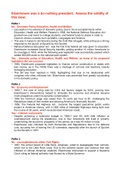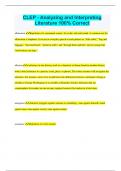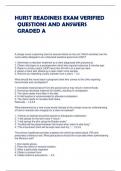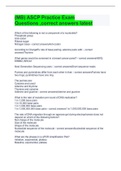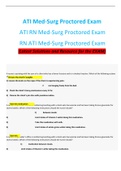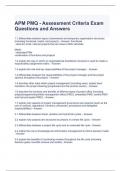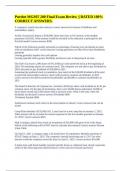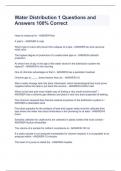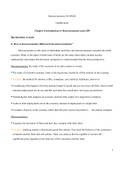Essay
A* A Level AQA History - Eisenhower Domestic Policy Essay Plans
- Course
- Institution
- Book
Collection of 9 Essay plans on Eisenhowers Domestic Policy for the AQA A Level History American Dream: Reality and Illusion spec. 1. 'Eisenhower was a do-nothing president' Assess the validity of this view 2.'Eisenhowers presidency united the US' 3.'McCarthyism had little effect on domestic pol...
[Show more]
